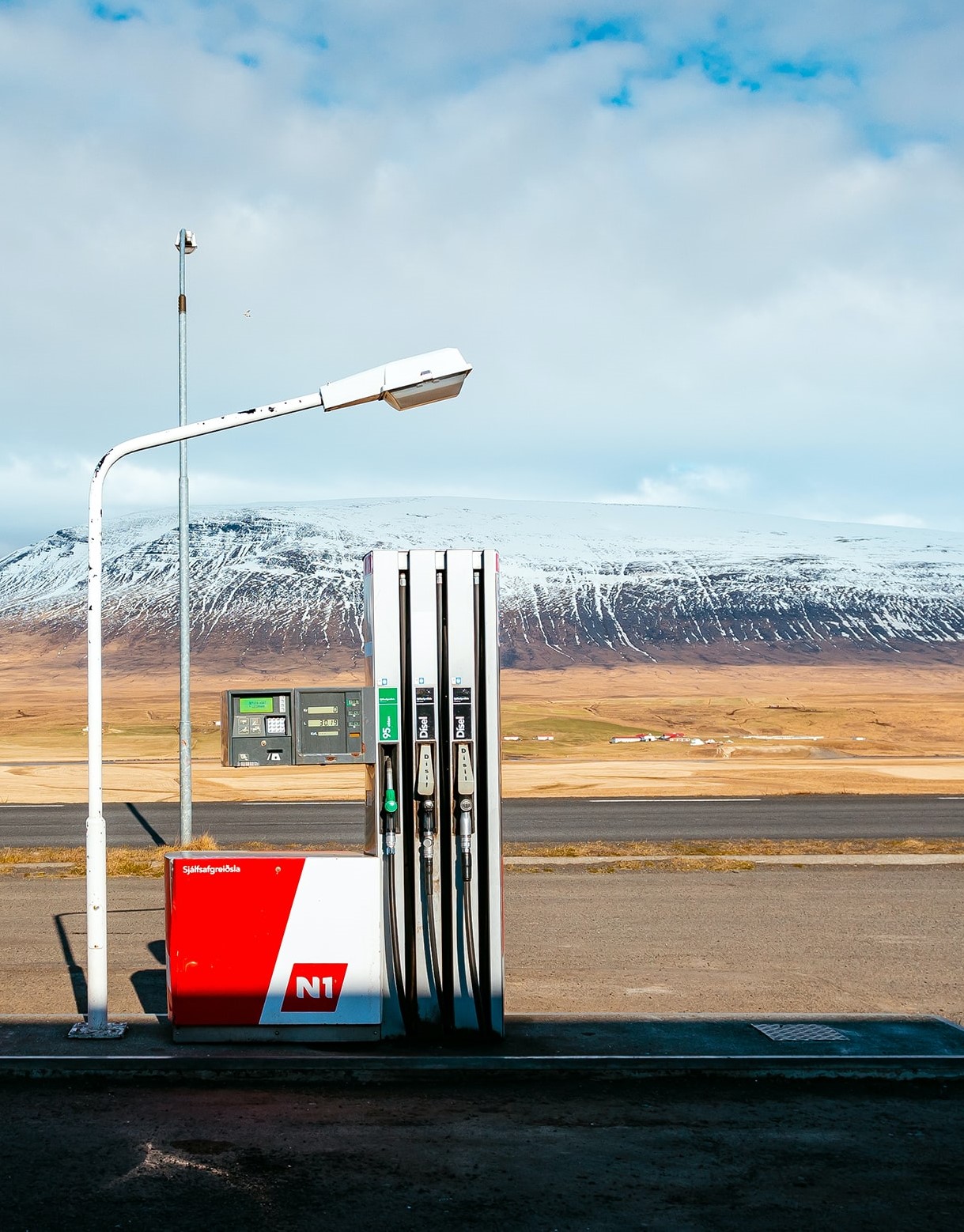Improving your car’s fuel efficiency can be as simple as planning ahead, combining trips, and driving less. But, if you’re curious about more ways to save and be more fuel-efficient from behind the wheel, here are our top 7 tips:
1) Keep your tires well inflated
Under-inflated tires create a rolling resistance that your engine must overcome, reducing its efficiency and increasing fuel consumption up to 4% (Natural Resources Canada). Look for the maximum recommended inflation level and keep your tires at this level with regular checkups.
2) Reduce air conditioning
Air conditioning can increase a car’s fuel consumption as much as 20%. Limit its use as much as you can and opt for the re-circulation option to minimize the impact when you use it.
3) Keep your car well-tuned with simple maintenance
Air-filter changes, oil filter replacement, spark plug replacements, and simple auto maintenance will improve fuel efficiency and lengthen the lifespan of your car. The oil keeps your motor parts running efficiently and a new air filter maximizes the efficiency of air flow around your engine.
You can also ask to have any corroded battery cables cleaned at your next engine check-up. They can make the alternator work harder which makes you use more gas.
4) Avoid unnecessary idling
Did you know that idling for more than a minute burns more fuel than turning off the engine and restarting it? Idling consumes half-a-gallon to one gallon of gas per hour. Simply turn your engine off instead of leaving it to idle and restart it when you need to move again.
5) Use your manufacturer’s recommended grade of motor oil
Using the manufacturer-recommended grade of motor oil for your car can improve your gas mileage by 1 to 2%.
6) Don’t rest your foot on the brake pedal while driving
Resting your foot on the brake pedal creates a slight drag while driving. This not only forces the car to use more fuel because the engine is working harder to compensate for the drag, but it also wears your car down prematurely.
7) Reduce aerodynamic drag
Things like roof racks, extra weight in the trunk, or even having a window open creates air resistance that the engine has to work hard to compensate against – and use more fuel in the process. At high speeds, air resistance can increase fuel consumption by up to 20%.
What else?
Aside from practicing these driving techniques, it’s also important to consider driving more fuel-efficient vehicles for greater impact. You can also consider other alternative fuel sources for cars that can help us be more sustainable.
